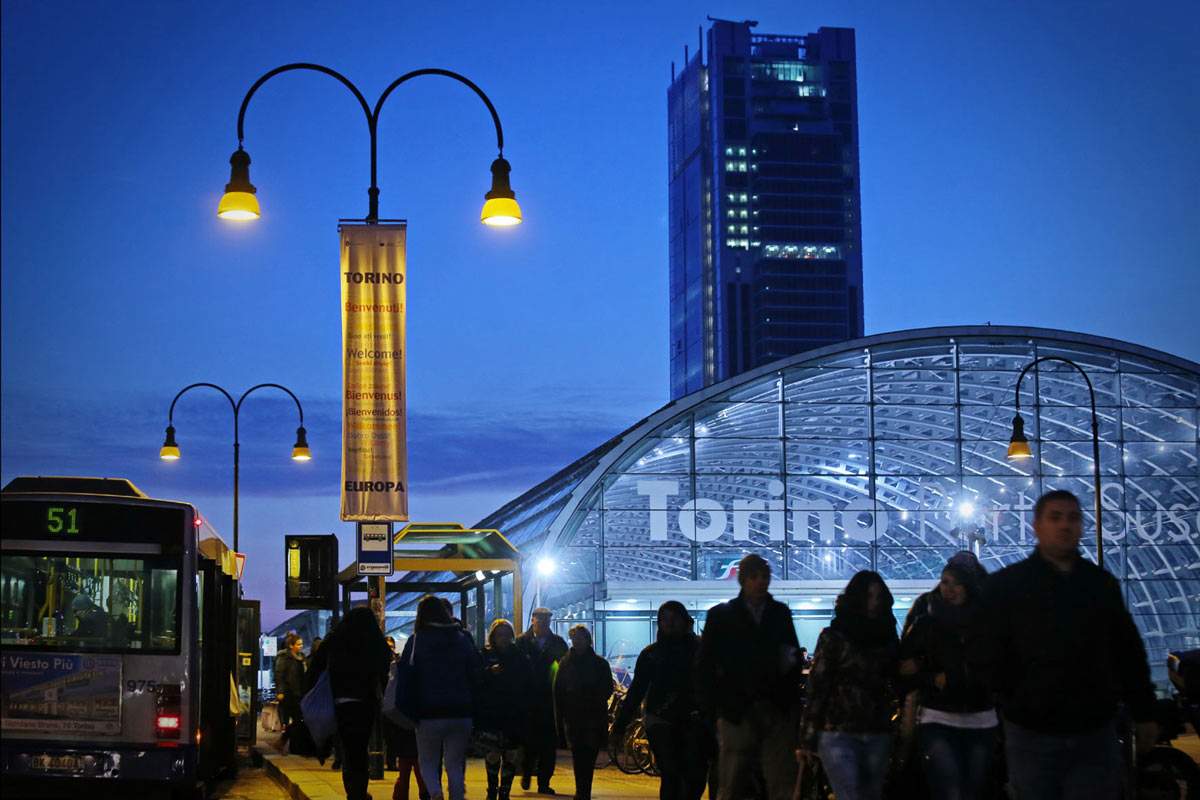A new agreement between Italy’s UNESCO Creative Cities was signed today in Turin, laying the foundations for the creation of a new Coordination with the aim of promoting a model of territorial development that has creativity as its foundation. At the heart of the agreement are common strategic and operational lines, a program of concrete actions to be put into system and a shared communication plan to give them visibility nationally and internationally. The signing took place at the Turin Design of the City event, and the agreement commits the creative cities of Alba, Bergamo and Parma (gastronomy), Biella, Carrara and Fabriano (crafts), Bologna and Pesaro (music), Milan (literature), Rome (cinema) and Turin (design), which outlined the perimeter of the collaboration and four guidelines along which the work of the next 12 months will be set, also in light of the recent difficulties related to the Covid-19 emergency.
It was precisely from reflecting on the current crisis, which affects all aspects of what is defined as the "creative city," affecting the creative, productive, distributive and educational fabric, that the need to network was born, in order to give new oxygen to the most affected economic sectors, starting with the cultural sector, and to find together solutions to adapt to the “new normal” that our society is experiencing. Hence the idea of the Coordination to become a true platform for reflection and research in the area of new economies and to foster the integrated connection between culture, economic development and tourism, going beyond the thematic niches (Music, Design, Film, Folk Art, Gastronomy, Literature, Digital Arts) in which each Creative City is embedded. The first step in legitimizing the network vis-à-vis institutions and politics both nationally and internationally will be to encourage greater transversality, which has always been in UNESCO’s DNA, and a closer alliance between municipal administrations, which in part is already being implemented concretely in projects carried out by some cities such as Alba, Bergamo and Pesaro.
With this in mind, the agreement reached places special attention on the aspect of communication, highlighting the need to create a privileged channel with UNESCO on the one hand and, on the other, to plan a series of punctual and effective interventions to give visibility to the individual projects underway even among the general public.
Creativity, according to the network, can help cities better overcome the crisis and cope with difficult times, and for this very reason it will be crucial to identify the projects that each one, for its own area of competence, will go on to carry out individually or, even more hopefully, in collaboration with each other. The new Coordination has also set as a further goal the commitment to expand the network to other cities, particularly in southern Italy, and to support applications for the “Media Arts” niche, currently the only one without Italian representation.
Confirming the strong support from UNESCO, the meeting was also attended by Massimo Riccardo, Italian Ambassador to UNESCO, Enrico Vicenti, Secretary General of the Italian National Commission for UNESCO, and Denise Bax, head of UNESCO’s General Secretariat for Creative Cities, with whom the coordination has established stable working relationships. During the meeting it was also decided that Fabriano, already strong from the experience of the 2019 Annual meeting, will lead the work with the support of Carrara and Pesaro, while Turin will also host the next meetings of the Coordination in 2021 and 2022.
 |
| Agreement signed in Turin between Italy's UNESCO Creative Cities. |
Warning: the translation into English of the original Italian article was created using automatic tools. We undertake to review all articles, but we do not guarantee the total absence of inaccuracies in the translation due to the program. You can find the original by clicking on the ITA button. If you find any mistake,please contact us.